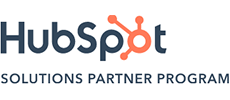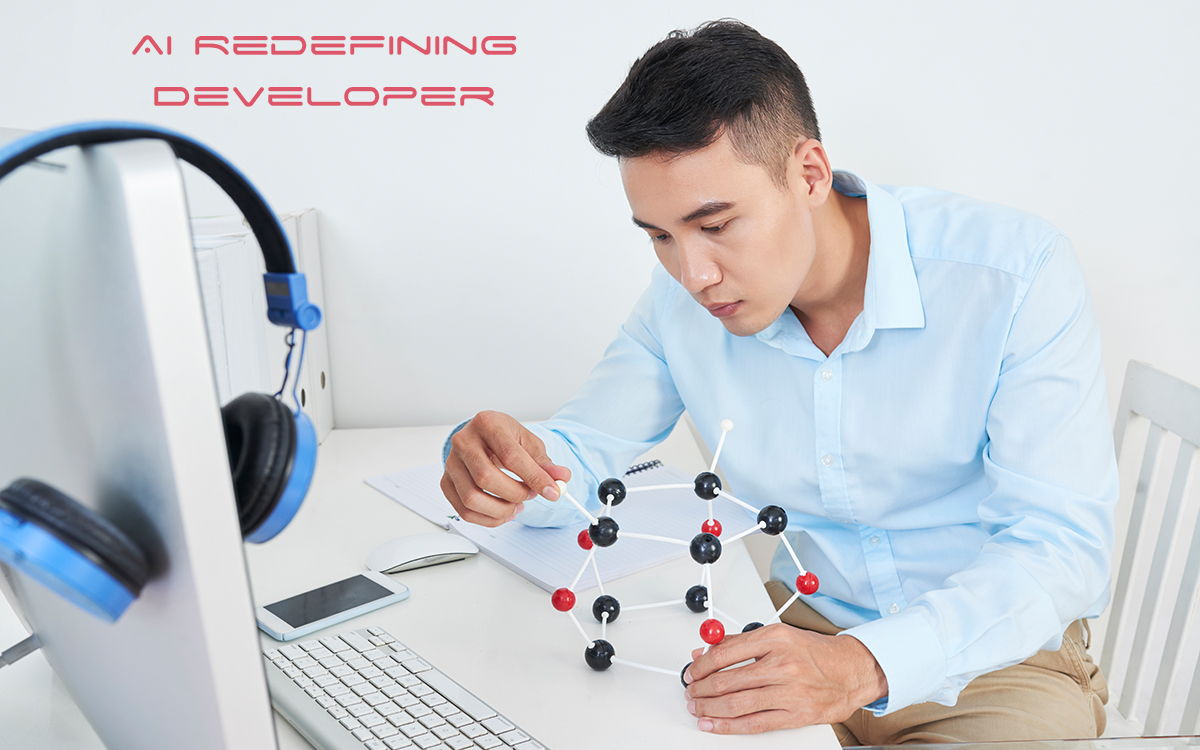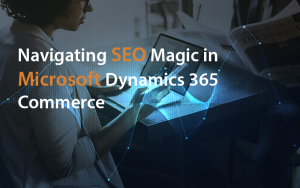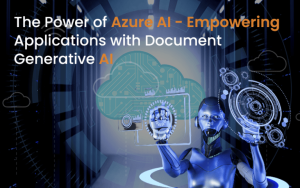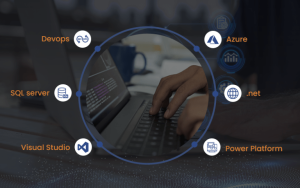The Transformative Power of Microsoft's AI for Developers
In today’s digital era, developers are constantly seeking innovative solutions to enhance their productivity and streamline their development processes. Microsoft’s advancements in artificial intelligence (AI) have opened up new possibilities, revolutionizing the scope for developers. With the integration of AI technologies, developers can leverage powerful tools, automate repetitive tasks, and create intelligent applications that offer personalized user experiences. In this article, we will explore how Microsoft’s AI is reshaping the scope for developers and empowering them to push the boundaries of innovation.
AI Tools and Services | Description |
Azure Machine Learning | A cloud-based service that enables developers to build, train, and deploy machine learning models at scale. |
Cognitive Services | AI APIs that provide functionalities such as natural language processing, speech recognition, and image analysis. |
Visual Studio IntelliCode | AI-assisted development tool that suggests code completions and improvements based on analysis of open-source projects. |
Power Platform AI Builder | Enables developers to add custom AI models and intelligence to business applications with a no-code or low-code approach. |
Azure Bot Service | AI-powered service for building, deploying, and managing intelligent bots that can interact with users in a natural way. |
Azure Cognitive Search | AI-powered search service that adds cognitive capabilities to applications, allowing users to search and analyze data effectively. |
Azure Custom Vision | Service that enables developers to build and deploy custom image recognition models to classify and detect specific objects. |
Azure Form Recognizer | AI service that automates the extraction of information from forms and documents, enabling intelligent data processing. |
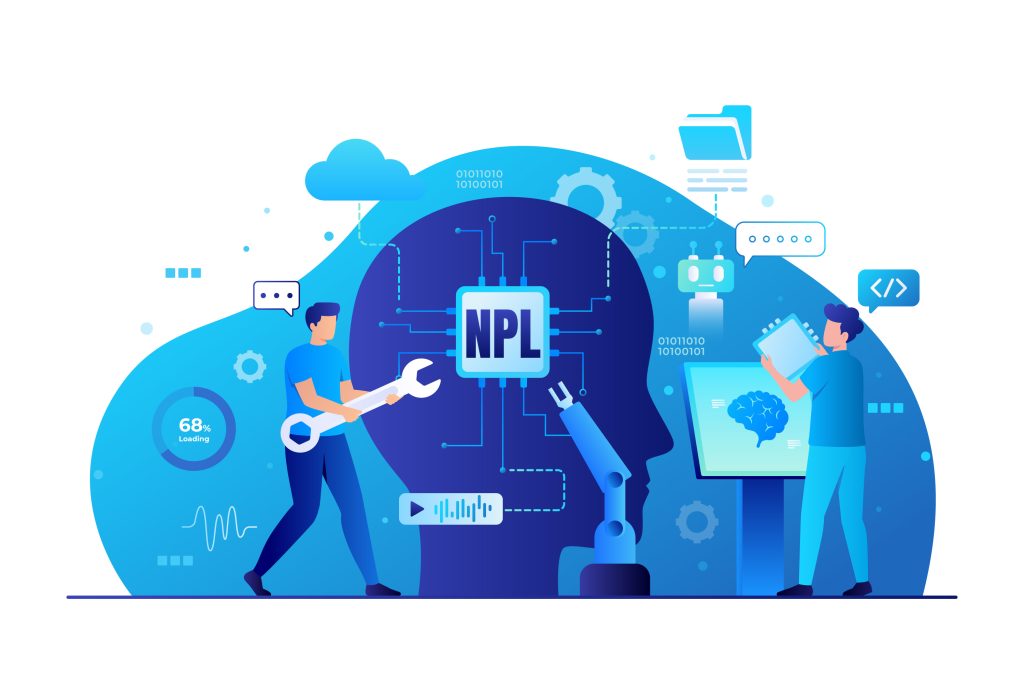
1. The Transformative Power of Microsoft's AI for Developers
1.1. Enhancing Efficiency and Productivity
Microsoft’s AI technologies have significantly enhanced the efficiency and productivity of developers. Through intelligent automation and predictive analytics, AI enables developers to automate repetitive tasks, optimize workflows, and focus on more complex problem-solving. By leveraging AI-powered tools, developers can accelerate their development cycles, reduce time-to-market, and allocate their resources more effectively.
1.2. Streamlining Code Development
AI is transforming the way developers write and maintain code. With AI-driven code generation and code completion tools, developers can significantly speed up their coding processes. These tools analyze existing codebases, suggest relevant code snippets, and even generate code based on context and desired functionality. This streamlines the development process, reduces the likelihood of errors, and enables developers to build robust applications more efficiently.
1.3. Empowering Intelligent Testing and Debugging
Testing and debugging are critical aspects of software development, and Microsoft’s AI is revolutionizing these areas as well. AI-powered testing tools can analyze code, identify potential bugs or vulnerabilities, and suggest fixes. Moreover, AI-driven debugging tools can analyze error patterns, provide insights into problematic code segments, and facilitate faster bug resolution. These intelligent testing and debugging capabilities enable developers to build more reliable and robust applications.
2. Empowering Intelligent Testing and Debugging
Microsoft offers a range of AI tools and services specifically designed to empower developers and unlock their creative potential. Let’s explore some of these offerings:
2.1. Azure Machine Learning
Azure Machine Learning is a comprehensive cloud-based service that enables developers to build, train, and deploy machine learning models at scale. With Azure Machine Learning, developers can leverage pre-built AI models or build their own, using a wide range of frameworks and languages. This powerful service simplifies the end-to-end machine learning workflow and allows developers to focus on model development rather than infrastructure management.
2.2. Cognitive Services
Microsoft’s Cognitive Services provide a collection of powerful AI APIs that enable developers to incorporate intelligent capabilities into their applications. These services offer functionalities such as natural language processing, speech recognition, image analysis, and more. By integrating Cognitive Services into their applications, developers can enhance user experiences, enable smart interactions, and unlock the power of AI without extensive expertise in machine learning algorithms.
2.3. Visual Studio IntelliCode
Visual Studio IntelliCode is an AI-assisted development tool that helps developers write code faster and with fewer errors. By analyzing patterns from millions of open-source projects, IntelliCode suggests relevant code completions, methods, and even whole lines of code in real-time. This AI-powered assistance accelerates coding workflows, enhances productivity, and improves code quality.
2.4. Power Platform AI Builder
The Power Platform AI Builder empowers developers to add custom AI models and intelligence to their business applications. With a no-code or low-code approach, developers can train AI models using their own data, integrate them seamlessly into Power Apps and Power Automate, and automate various business processes. This enables developers to create intelligent applications without the need for extensive AI expertise.
3. AI-Driven Automation and Integration
3.1. Automated DevOps with AI
AI is playing a pivotal role in revolutionizing DevOps practices. By automating repetitive tasks, AI-powered DevOps tools streamline deployment pipelines, enable continuous integration and continuous delivery (CI/CD), and facilitate efficient collaboration among development and operations teams. This automation not only accelerates the software development lifecycle but also improves code quality, reduces errors, and enhances overall efficiency.
3.2. Integration of AI in Software Development Lifecycle
AI is seamlessly integrated into various stages of the software development lifecycle (SDLC). From requirements gathering to design, development, testing, and deployment, AI technologies facilitate data-driven decision-making, predictive analysis, and intelligent automation. By incorporating AI into the SDLC, developers can optimize processes, improve project management, and deliver high-quality software solutions.
4. AI-Infused User Experiences
4.1. Natural Language Processing and Conversational AI
AI enables developers to create applications that can understand and respond to natural language inputs. Natural Language Processing (NLP) techniques, coupled with conversational AI platforms, allow developers to build intelligent chatbots, virtual assistants, and voice-enabled applications. These AI-infused user experiences enhance customer interactions, provide personalized recommendations, and deliver seamless conversational interfaces.
4.2. Computer Vision and Image Recognition
Computer vision and image recognition technologies powered by AI enable developers to build applications that can interpret and analyze visual content. From object detection and recognition to image classification and analysis, AI-driven computer vision capabilities open up possibilities for applications in fields such as healthcare, retail, manufacturing, and more. Developers can create innovative solutions that automate tasks, extract insights from visual data, and enable enhanced decision-making.
4.3. Personalized User Experiences
AI empowers developers to create personalized user experiences tailored to individual preferences and needs. By leveraging AI algorithms, developers can analyze user behavior, gather insights, and deliver customized recommendations, content, or interfaces. These personalized experiences enhance user engagement, increase user satisfaction, and drive customer loyalty.
5. Overcoming Development Challenges with AI
5.1. Code Generation and Code Completion
AI-driven code generation and code completion tools help developers overcome challenges related to writing complex and error-prone code. By analyzing existing codebases and leveraging machine learning algorithms, these tools suggest relevant code snippets, complete code structures, and provide intelligent recommendations. This accelerates the coding process, improves code quality, and reduces the likelihood of errors.
5.2. Predictive Analytics and Insights
AI-powered predictive analytics enables developers to leverage historical data and patterns to make informed decisions. By analyzing large datasets and employing machine learning algorithms, developers can predict future outcomes, identify trends, and gain valuable insights. These insights enable developers to optimize software performance, proactively address potential issues, and enhance overall application quality.
5.3. Detecting and Fixing Vulnerabilities
Security is a critical concern for developers, and AI can help address vulnerabilities and protect applications from threats. AI-powered security tools can analyze code, identify potential security risks or vulnerabilities, and provide recommendations for fixes. By integrating AI-driven security measures into the development process, developers can ensure that their applications are robust and secure from the ground up.
6. Ensuring Ethical and Responsible AI Development
6.1 Bias Mitigation and Fairness
Developing AI-powered applications requires careful consideration of ethical concerns, particularly related to bias and fairness. Microsoft emphasizes the importance of fairness and inclusivity in AI development and provides tools and guidelines to help developers mitigate biases in their models and algorithms. By ensuring that AI systems are fair and unbiased, developers can build applications that treat all users equitably.
6.2 Privacy and Data Protection.
Developing AI-powered applications requires careful consideration of ethical concerns, particularly related to bias and fairness. Microsoft emphasizes the importance of fairness and inclusivity in AI development and provides tools and guidelines to help developers mitigate biases in their models and algorithms. By ensuring that AI systems are fair and unbiased, developers can build applications that treat all users equitably.
6.3. Transparency and Explainability
Transparency and explainability are essential for building trust in AI systems. Microsoft promotes transparency by providing insights into how its AI models work and by offering interpretability tools for developers. These tools help developers understand the decision-making processes of AI models, enabling them to address concerns related to accountability and fairness.
